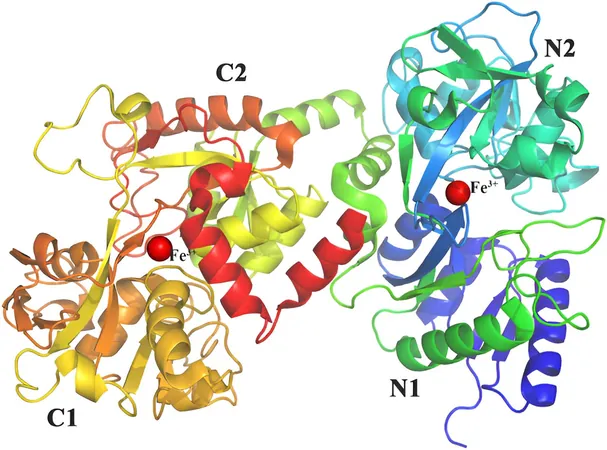
Why Today’s Young Singaporeans Are Redefining Relationships: The Dating Dilemma Explained
2024-09-21
Introduction
A revealing study conducted by the National Youth Council and the Institute of Policy Studies has found that nearly two in five young Singaporeans aged 17 to 24 have never been in a relationship. This longitudinal study, which began tracking participants in 2017, reveals an intriguing shift in the dating landscape over the years, as many young individuals prioritize career aspirations and express that dating can be an overwhelming experience.
Generational Perspective
As someone from Generation X, this data was eye-opening. Back in my day, teenage crushes and group outings were a rite of passage. Young love was characterized by phone calls that monopolized the landline, sneaking out for late-night dates, and gossiping with friends about budding romances. For us, relationships were seen as essential to our social lives, marking maturation as we transitioned from teenage years to adulthood.
Changing Norms
Fast forward to today, it seems the notion of “settling down” early has drastically changed. My relatives in their 20s prefer staying home and engaging in digital interactions rather than traditional dating. Interestingly, one of my nieces, previously uninterested in relationships, found her partner during salsa classes at the age of 27, illustrating that true connection can emerge unexpectedly.
The Impact of Digitalization
Moreover, my nephew is in a committed relationship with a university classmate, although he spent his formative years focused on friendships from junior college and National Service. His girlfriend noted that modern young adults often socialize from the comfort of their rooms—swiping through dating apps or engaging in virtual gaming, which provides a sense of community without the need to venture out.
Emotional Independence
This independence fosters emotional self-sufficiency. Many young Singaporeans are not feeling the societal pressure to find "the one." Unlike previous generations who faced constant reminders from family and society about the importance of dating and marriage, the current generation is encouraged to focus on self-growth and happiness first.
Global Trends
The societal shift is echoed in global trends. Similar observations in Japan show that 34% of unmarried individuals aged 20 to 49 have never dated, with women citing lifestyle limitations as a reason against marriage and men expressing concern over financial freedom. In South Korea, demographics indicate that over 30% of women and 50% of men in their 30s remain single, prompting a growing movement opposing traditional dating norms.
Conclusion
This significant change in dating culture underscores a crucial realization: today's youth are not flawed simply because they choose to prioritize personal fulfillment over romantic relationships. Thus, rather than judging young Singaporeans for their disinterest in traditional dating, we should embrace their diverse choices. The ability to confidently navigate the complex web of social connections—be it platonic or romantic—signifies progress in the ongoing evolution of relationships in our modern society.
A New Era?
Is this the beginning of a new era in dating—where self-sufficiency and personal priorities take precedence over conventional romance? The answer isn't just in statistics; it’s in the stories of individuals like my niece and nephew who are writing their own narratives, redefining love and connection on their terms.





 Brasil (PT)
Brasil (PT)
 Canada (EN)
Canada (EN)
 Chile (ES)
Chile (ES)
 España (ES)
España (ES)
 France (FR)
France (FR)
 Hong Kong (EN)
Hong Kong (EN)
 Italia (IT)
Italia (IT)
 日本 (JA)
日本 (JA)
 Magyarország (HU)
Magyarország (HU)
 Norge (NO)
Norge (NO)
 Polska (PL)
Polska (PL)
 Schweiz (DE)
Schweiz (DE)
 Singapore (EN)
Singapore (EN)
 Sverige (SV)
Sverige (SV)
 Suomi (FI)
Suomi (FI)
 Türkiye (TR)
Türkiye (TR)